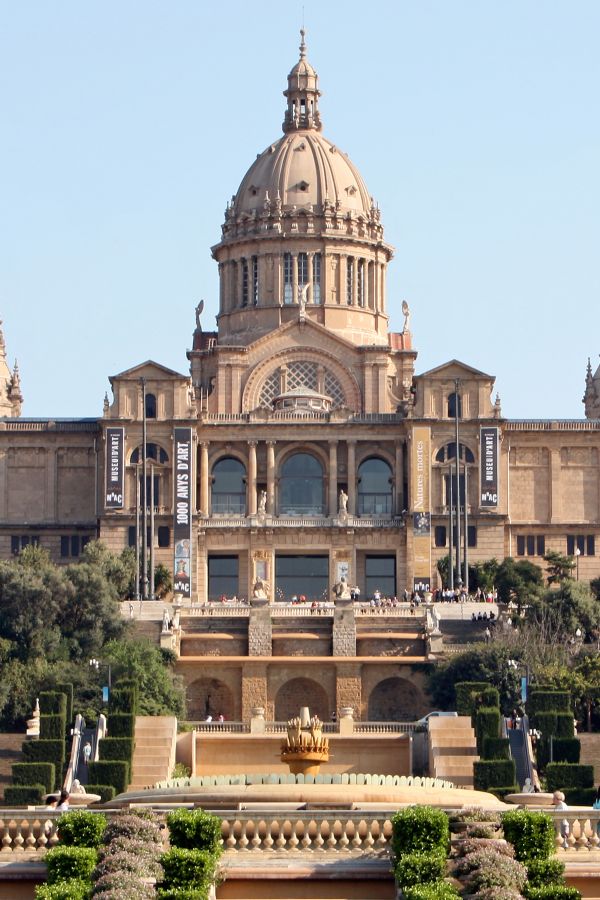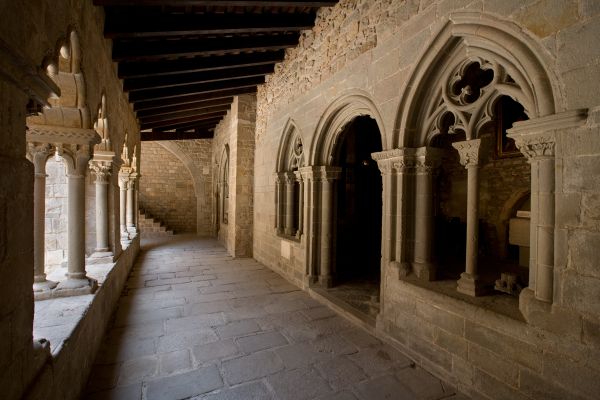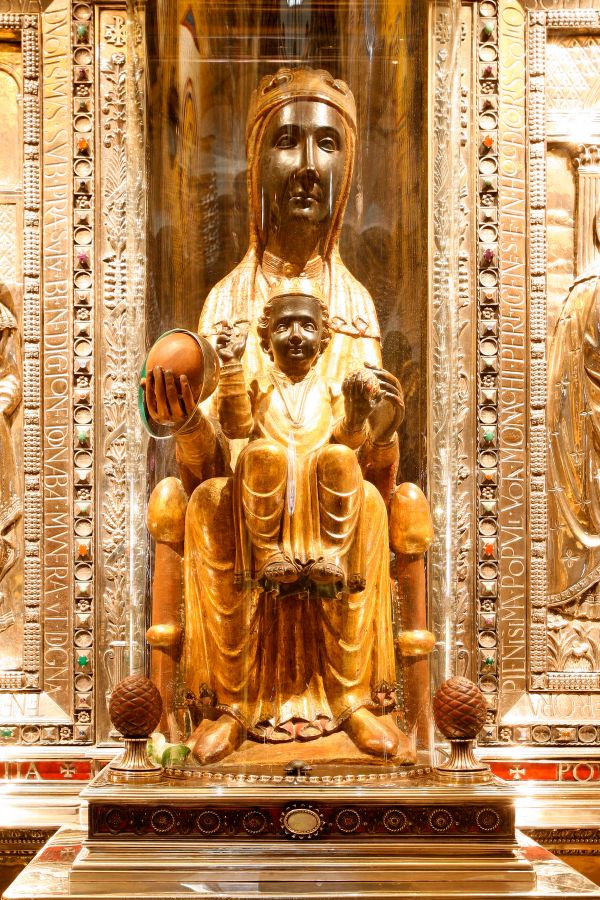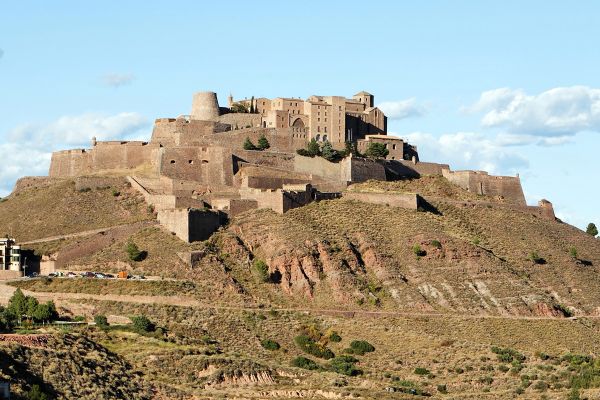Barcelona and Vic invite us to enjoy the magnificent
Romanesque collections of their museums
. However, between the two cities there is a road filled with art and history.
OLYMPIC, ROMANESQUE, UNUSUALThere are numerous Olympic cities, though only Barcelona has Romanesque jewels so near its Olympic Stadium. The
Museu Nacional d’Art de Catalunya (National Museum of Art of Catalonia) has
one of the most important collections of Romanesque art in the world.
Not everything from the Romanesque style can be seen in the MNAC, however. In the very centre of city you find one of the most tranquil spots of the bustling Raval: the ancient monastery of
Sant Pau del Camp is a still little-known Romanesque jewel.
ARTISTIC “RECYCLING”In Vallès,
Sant Cugat was built on a wealth of history. The
Romanesque monastery is found on the ancient site of a Roman fortress, the
Castrum Octavianum. The same is the case in
Terrassa, where the
Monumental Churches of Sant Pere were erected on an old Visigothic settlement. Taking advantage of earlier constructions has been a very common practice throughout history.
LAND OF MONASTERIESThe journey continues in the Bages area. History, myths, geology and art mark the personality of the spectacular massif of
Montserrat.
The popular Moreneta, the
patron saint of Catalonia, is an originally white Romanesque virgin that has been darkening from the degradation of materials and pigments.
In Sant Fruitós you find
Sant Benet de Bages, an icon evocative of the Middle Ages to many
Renaissance authors and one of the country's most important Romanesque monasteries. A similar esteem is warranted for another shining example of
early Catalan Romanesque: the canonry of
Sant Vicenç de Cardona.
We recommend you to visit again rooms filled with the best Romanesque examples. You can't pass up the
paintings,
sculptures and
liturgical objects of the
Museu Episcopal de Vic (Episcopal Museum of Vic). However, in the capital of Osona there is much more to see: in the historic centre there are Romanesque jewels such as the bell tower and crypt of the
Cathedral of Sant Pere.
Finally you arrive to the shores of the Pantà de Sau (Sau water reservoir). The journey ends in Masies de Roda exploring the only Benedictine monastery of the county,
Sant Pere of Casserres, where there is a permanent exhibition commenting the life style of
11th century monks.
Have we managed to inspire you? If you have any other interesting suggestions please send them to us on Facebook or publish your photos on Instagram with the hashtag #patrimonicultural. 


